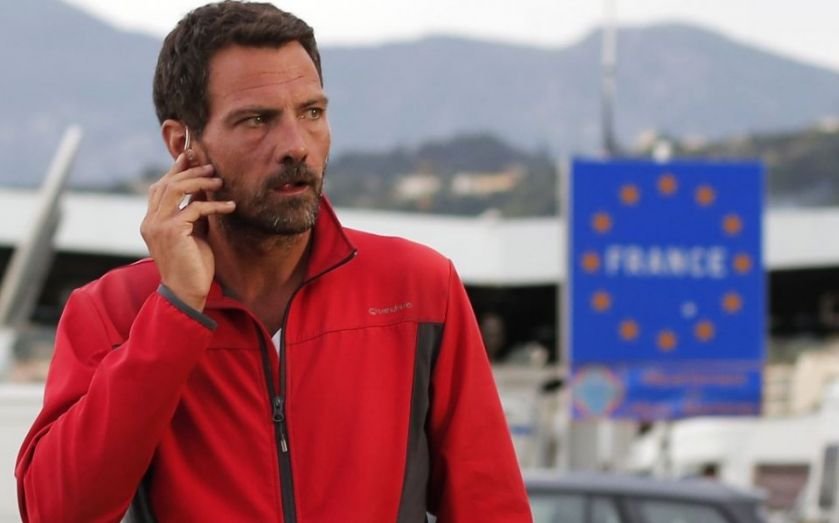
The poorest man in the world is a title that embodies both tragedy and hope. His name may not be known to many, but his story holds immense power and significance. Beyond just monetary wealth, his poverty represents a deeper human struggle, shedding light on societal inequalities and the resilience of the human spirit. In discussing who is the poorest man in the world, we unravel a complex web of issues that challenge our understanding of wealth, poverty, and the untold stories that often go unheard. Join us on this journey to explore the untold narrative of the world’s most impoverished individual.
Who is the Poorest Man in the World?
Have you ever wondered who the poorest man in the world is? Poverty is a global issue that affects millions of people, but identifying the absolute poorest person can be a challenging task. Let’s delve into this topic and explore some of the key aspects surrounding the concept of extreme poverty.
Understanding Poverty
Poverty is a complex and multifaceted phenomenon that goes beyond just the lack of financial resources. It encompasses various dimensions such as lack of access to education, healthcare, clean water, and adequate housing. The World Bank defines extreme poverty as living on less than $1.90 per day, which is a stark reality for many individuals around the world.
Challenges of Identifying the Poorest Man
Identifying the absolute poorest man in the world is not a straightforward task. Poverty is often hidden, and many people living in extreme deprivation go undocumented and unnoticed by official statistics. Additionally, poverty is relative and varies from one context to another. The poorest person in a developed country may still have access to basic services compared to someone in a developing nation.
Factors Contributing to Extreme Poverty
Several factors contribute to extreme poverty, including lack of education, unemployment, political instability, and environmental issues. In many cases, individuals living in poverty are trapped in a cycle of deprivation that is hard to break free from without external assistance.
Stories of Extreme Poverty
While we may not be able to pinpoint the absolute poorest man in the world, there are countless stories of individuals and families struggling to make ends meet in the face of extreme poverty. These narratives shed light on the harsh realities faced by those living on the margins of society.
The Story of Akash: A Boy Living on the Streets
Akash, a young boy living on the streets of Mumbai, India, represents one of the many faces of extreme poverty. Forced to beg for food and shelter, Akash’s story highlights the vulnerability of homeless children and the urgent need for social support systems to protect the most marginalized members of society.
The Plight of Maria: A Widow in Sub-Saharan Africa
Maria, a widow living in a small village in sub-Saharan Africa, struggles to feed her children and afford basic healthcare. With limited access to resources and support, Maria’s story underscores the challenges faced by single mothers in impoverished communities and the importance of targeted interventions to alleviate their suffering.
Global Efforts to Combat Poverty
Despite the complexities of extreme poverty, there are ongoing global efforts to combat this pervasive issue. International organizations, governments, and grassroots movements are working together to implement sustainable development goals and create a more equitable world for all individuals.
The Role of Education in Poverty Alleviation
Education plays a crucial role in breaking the cycle of poverty by empowering individuals with knowledge and skills to improve their livelihoods. Initiatives aimed at increasing access to quality education for vulnerable populations are key to addressing the root causes of poverty and fostering long-term sustainable development.
Community-Based Solutions for Poverty Reduction
Community-based approaches to poverty reduction involve empowering local residents to identify their needs and implement targeted interventions. By fostering a sense of ownership and collaboration, these initiatives have the potential to create lasting change and uplift communities from within.
While the title of the poorest man in the world may remain elusive, it is essential to recognize the collective efforts needed to combat extreme poverty and create a more inclusive and prosperous world for all. By raising awareness, advocating for social justice, and supporting sustainable development initiatives, we can work towards a future where poverty is no longer a barrier to human flourishing.
Remember, poverty is not just a distant problem—it is a shared responsibility that requires empathy, action, and solidarity to address effectively. Together, we can make a difference in the lives of those most in need and build a more equitable and compassionate world for generations to come.
The World's POOREST Man
Frequently Asked Questions
Who is considered the poorest man in the world?
As of [current year], it is challenging to accurately determine the absolute poorest man in the world, as poverty is complex and varies across regions. Economic measurements often focus on poverty rates or income levels at a national or global scale.
How is poverty measured on a global scale?
Global poverty is usually assessed using international poverty lines set by organizations like the World Bank. These lines determine poverty based on daily income levels, such as living on less than $1.90 per day, which is considered extreme poverty.
Are there individuals known for extreme poverty?
While specific individuals may be highlighted for their dire circumstances, global poverty statistics typically focus on broader populations rather than pinpointing one person as the absolute poorest. Poverty is a systemic issue that affects millions worldwide.
Final Thoughts
In conclusion, identifying who is the poorest man in the world is a complex and subjective task. While financial wealth is often used to measure poverty, true poverty encompasses various aspects beyond money. One must consider factors such as access to healthcare, education, and opportunities. Ultimately, the poorest man in the world may not be defined by his bank account alone, but by the lack of basic necessities that hinder his well-being.
